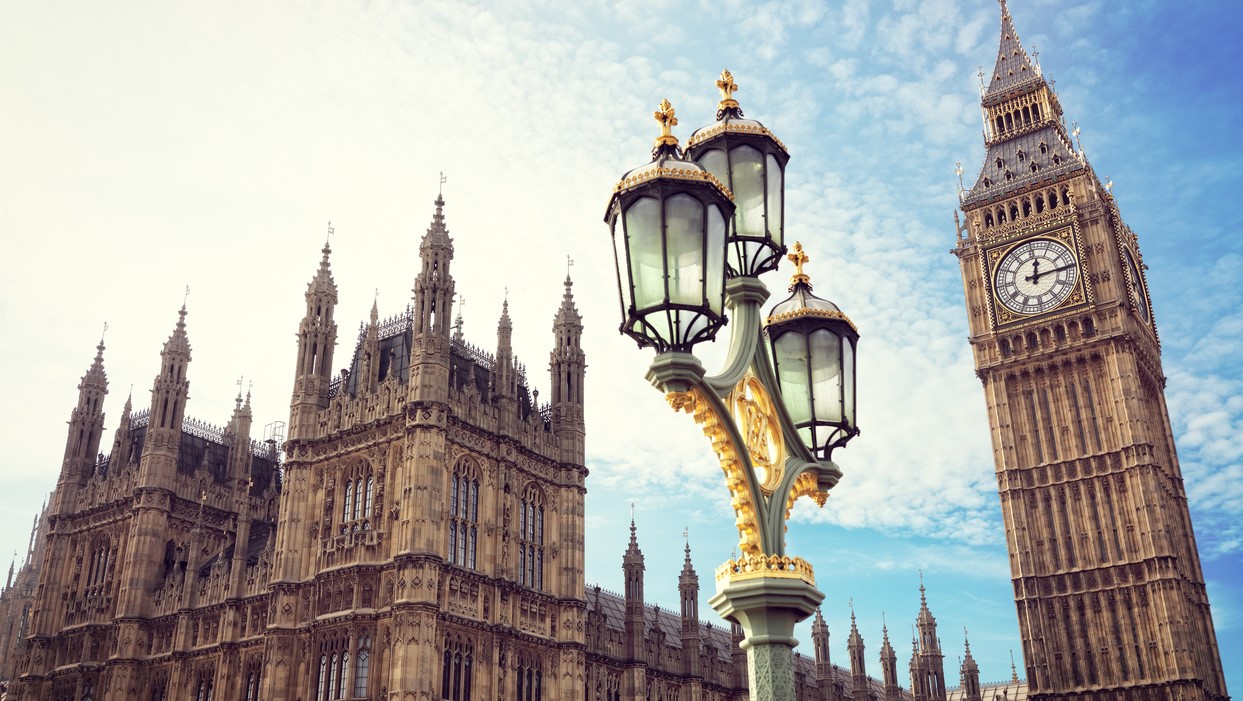The British government has warned against medical travel to Turkey after 17 British nationals died following treatment in the country in recent years. The advice of Foreign, Commonwealth and Development Office (FCDO) urges UK citizens wishing to travel to Turkey for medical treatment, elective surgery and dental procedures to undertake detailed research before travelling.
The warning is advisory and has no legal value. Coincidentally, it was published shortly after Turkey again refused UK and EU demands to ban Russian tourists and airlines.
About the medical travel industry in Turkey, FCDO says:
- The term medical tourism refers to tourists who have chosen to undergo medical/surgical/dental treatment abroad. Cosmetic surgery, dental procedures and heart surgery are the most common procedures undertaken by medical tourists.
- The level of medical facilities and treatments available varies widely around the world.
- UK nationals considering undertaking medical treatment in Turkey should do their own research.
- It is not advisable to rely on private companies who have a financial interest in organizing your medical treatment abroad. We are aware of 17 UK nationals who have died in Turkey since January 2019 as a result of medical tourism visits.
- If you are traveling to Turkey to undertake a medical procedure, you should ensure that the medical institution you have chosen is accredited with the Turkish authorities.
The FCDO also adds general warnings regarding medical travel:
- People planning treatment abroad are advised to use internationally accredited clinics or hospitals, although using an accredited clinic or hospital does not guarantee a satisfactory outcome. engage in any proceedings abroad. Travelers should speak directly to the medical professional undertaking the planned treatment prior to travel and independently verify their qualifications and references.
- Medical advice from a travel agent or administrator is unacceptable.
- UK residents traveling abroad for medical treatment, elective surgery and dental procedures may be at increased risk of complications, including exposure to blood-borne viruses. They may also be unaware of the potential health and financial consequences they could face.
- the British Association of Aesthetic Plastic Surgeons consistently advises against traveling abroad for any type of surgery, not just cosmetic. They advise that all surgery carries risk, even when performed by a reputable surgeon in the UK.
- Antibiotic resistance is a global problem and resistant bacteria may be more common in certain regions.
- Communication can be a problem.
- Medicines may be counterfeit or of poor quality in some countries.
- The risk of exposure to blood-borne diseases, such as hepatitis B and HIV, may be increased due to potential reuse of medical equipment or collection, testing and storage inadequate blood in destination countries.
- The medical tourism industry is almost entirely unregulated, which poses potential risks for those traveling outside the UK.
- People diagnosed with progressive or chronic illnesses may be vulnerable to exploitation by providers of unproven interventions overseas.
- Patients traveling for untested treatment may be exposed to additional security risks due to the nature of the intervention and may face high financial burdens for potentially ineffective treatment.
- Long-distance air travel after surgery is thought to increase the risk of deep vein thrombosis or pulmonary embolism. People traveling for organ transplants may experience higher rates of serious infectious complications due to inadequate screening protocols abroad.

